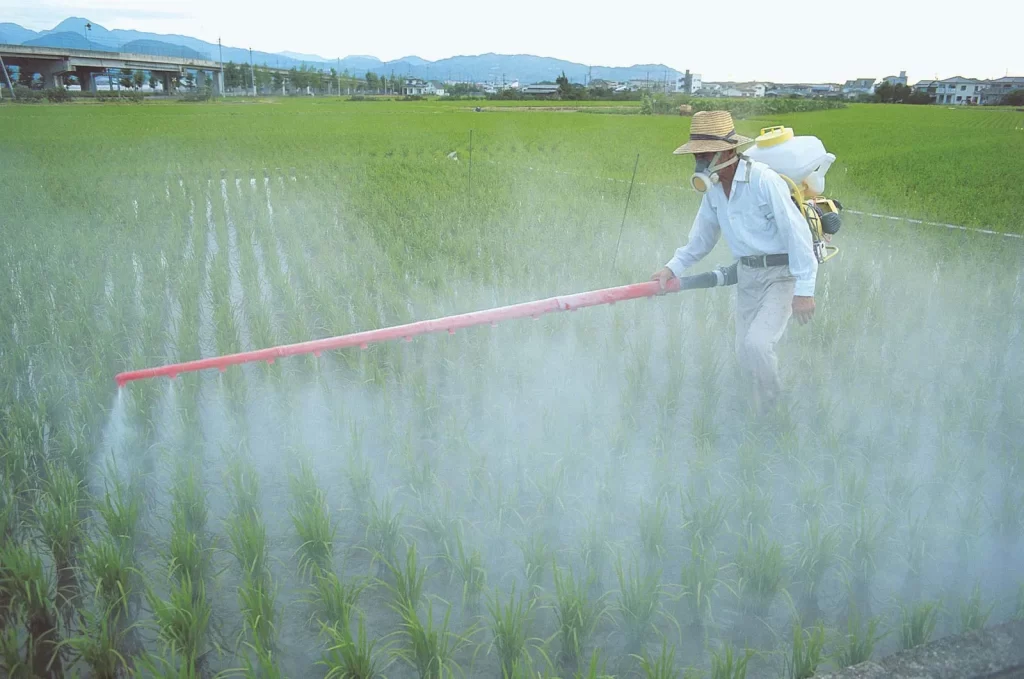In today’s world, sustainable agriculture practices have become essential for ensuring the long-term viability of our food production systems. By adopting farming techniques that minimize environmental impact and promote resource conservation, we can safeguard the health of our ecosystems and meet the growing global demand for food. In this blog post, we will explore three key sustainable agriculture practices that play a crucial role in achieving environmental stewardship.

Preserving Soil Health and Productivity Conservation agriculture is a farming approach that emphasizes minimal soil disturbance, permanent soil cover, and crop rotation. By reducing soil erosion, preserving moisture content, and enhancing nutrient cycling, this technique helps maintain soil health and productivity. Farmers achieve this by employing practices such as no-till or reduced tillage, which reduce soil erosion and preserve soil structure. Additionally, leaving crop residues on the field provides organic matter, promoting beneficial microbial activity and improving soil fertility. Conservation agriculture not only protects the soil from degradation but also contributes to mitigating climate change by sequestering carbon in the soil.
Optimizing Resource Efficiency Precision farming, also known as site-specific crop management, involves utilizing technology and data-driven approaches to optimize resource use in agriculture. By employing techniques like remote sensing, GPS, and variable rate technology, farmers can precisely analyze and manage their fields’ specific requirements. This enables targeted application of fertilizers, pesticides, and water, minimizing waste and reducing environmental contamination. Moreover, precision farming helps farmers make informed decisions about crop planting, disease management, and irrigation, resulting in higher crop yields and reduced resource consumption.
Ensuring Animal Welfare and Productivity Livestock management is an integral part of sustainable Agriculture lore. Integrated livestock management focuses on providing animals with appropriate living conditions while optimizing their productivity. It involves practices such as rotational grazing, where livestock are moved periodically to different pasture areas, allowing vegetation to regenerate naturally. This rotational approach prevents overgrazing, reduces soil erosion, and promotes diverse plant growth. Additionally, integrated livestock management encourages the efficient use of feed resources, minimizing waste and reducing greenhouse gas emissions. By prioritizing animal welfare and optimizing productivity, farmers can contribute to a sustainable and ethical approach to livestock production.
Implementing sustainable agriculture practices is vital for the future of our planet and the well-being of future generations. Conservation agriculture, precision farming, and integrated livestock management are three key approaches that promote environmental stewardship in agriculture. By adopting these practices, farmers can preserve soil health, optimize resource efficiency, and ensure the welfare and productivity of their livestock. It is through these collective efforts that we can create a more sustainable and resilient food system for a better tomorrow.